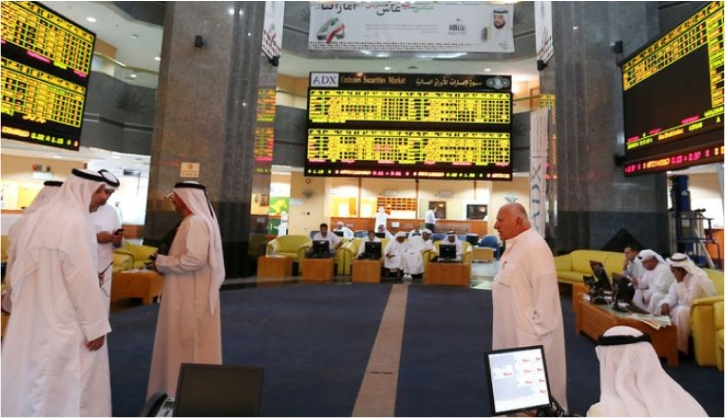
The stock markets in the Gulf region experienced a mix of results on Monday following a tentative agreement reached by U.S. lawmakers on the debt ceiling. Investors were also concerned about potential interest rate hikes by the Federal Reserve, which influenced market sentiment throughout the day.
In Dubai, the main share index showed a slight increase of 0.1%. This rise was supported by a 1.2% gain in Dubai Islamic Bank, a prominent sharia-compliant lender. However, the index in Abu Dhabi dropped 0.4%. Analysts attributed the downtrend in Abu Dhabi to cautious sentiment among investors and pressure on energy markets.
Farah Mourad, a senior market analyst at XTB MENA, commented on the situation, noting that the Abu Dhabi market might receive some support from the success of ADNOC Logistics’ initial public offering. Additionally, companies like DANA Gas, as they open their capital to foreign ownership, could attract more foreign investors.
In Saudi Arabia, the benchmark index initially experienced gains but ultimately ended flat. The losses in healthcare shares offset the gains made in the financial sector. Notably, United Electronics saw a notable increase of 3.4% following reports that the company was planning an initial public offering of its Islamic consumer finance business, Tasheel Finance. However, oil giant Saudi Aramco encountered a 0.6% decline.
The Gulf’s financial markets, heavily influenced by crude prices, were significantly impacted by economic concerns surrounding the possibility of further interest rate hikes. These concerns outweighed the positive impact of the U.S. debt ceiling agreement.
Beyond the Gulf region, Egypt’s blue-chip index rose by 0.5%. This increase was driven by the strong performance of Eastern Company, a tobacco monopoly, which surged by 2.7%.
The Gulf stock markets demonstrated a mixed response to the news of the debt ceiling agreement reached by U.S. lawmakers. The markets remained cautious due to various factors, including the pressure on energy markets and the potential impact of future interest rate hikes. Investors closely monitored these developments as they unfolded throughout the day.
